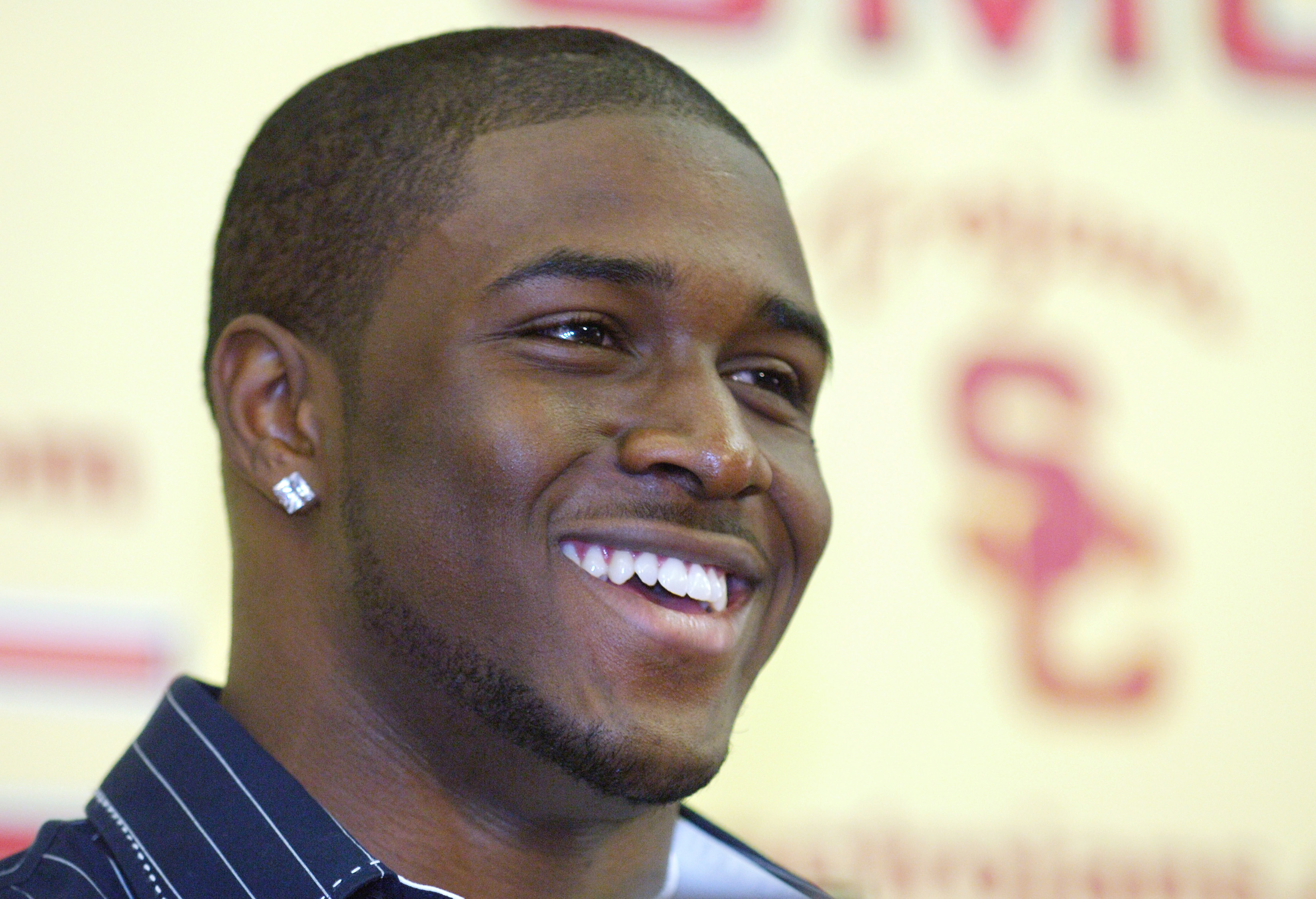It may soon cost drivers a lot more money if they are caught talking or texting on handheld phones while behind the wheel.
Legislation approved by the State Senate would raise the penalty to as high as $500 in some cases.
Currently a first offense nets a base fine of $20, but the bill, SB28, would change this to $50 and repeated violations would increase the fine to $100.
Added fees and surcharges imposed by local governments and courts could raise a first offense to as much as $309 -- depending where the citation was issued.
A second offense could possibly cost as much as $509 and it would add a point to a driver's record.
The proposed law would also extend the ban on handheld phones to bicyclists.
The first offense would net a $20 fine and repeated offenses would go up to $50.
The measure by State Senator Joe Simitian (D-Palo Alto) passed the Senate on a 24-12 vote and was sent to the Assembly.
Backers believe the stiffer penalties will serve as a deterrent, but opponents claimed drivers dislike this legislation.
One lawmaker called it an example of the state's slide toward "nanny government."
California Highway Patrol data showed a 50 percent drop in distracted-driver accidents linked to cell phone use in the six months after the original law took effect three years ago.
More recently, an Automobile Club of Southern California survey found 60 percent fewer drivers use handheld phones while driving than did before the law was approved.
But data in several states analyzed by a research arm of the Insurance Institute for Highway Safety led it to conclude that laws restricting cellphone use by drivers have not significantly reduced accidents.
"We don't see crashes going down in states that have enacted cellphone restrictions," said Russ Rader, Communications VP for the Insurance Institute and its Highway Loss Data Institute. It has found that a driver using a cellphone is four times more likely to be involved in an accident, whether the driver is hands free or hands on. Six years ago the Institute had predicted increasing cellphone use would cause a surge in accidents and fatalities. That has not happened. Even in states that have not adopted cellphone restrictions for drivers, the longterm downward trend of traffic fatalities continues.
"We have been surprised all along by the results of our research," Rader said, adding that the Institute continues to see danger in distracted driving in all its forms. "Restricting just one kind of phone use does not get at the whole problem."
Examing accident rates in four states that have adopted texting restrictions, the Institute found that accidents actually went up slightly in three of them, a conundrum Rader said researchers are trying to fathom. One theory, he said, is that drivers who continue to text in defiance of the law try to avoid detectlon by lowering their cellphones, and thus have to divert their line of sight even farther from the road, further increasing their risk of accident.
The Institute is tracking research to see if it will take additional enforcement of the texting restriction to have an impact. And technology, the source of the problem, may also provide part of the solution, as carmakers are developing increasingly sophisticated automated systems for collision avoidance, and also to grab the driver's attention when inattentiveness is sensed. More cars offer built-in Bluetooth hands free systems for calling. In addition, there are new carrier services, such as DriveSmart Plus, developed by Location Labs for T-Mobile, which can detect when a cellphone is in motion in a car, and automatically send incoming calls to voice mail, and automatically respond to text messages with a reply that you're driving.
But many drivers are still on their own to resist texting and hands on phoning temptation.
Local
Get Los Angeles's latest local news on crime, entertainment, weather, schools, COVID, cost of living and more. Here's your go-to source for today's LA news.
In California, Sen. Simitian believes bigger fine means bigger deterrent.
The question now is whether the Assembly will embrace his SB28 -- or do what it did last year when a similar piece of legislation reached the lower house -- reject it.



